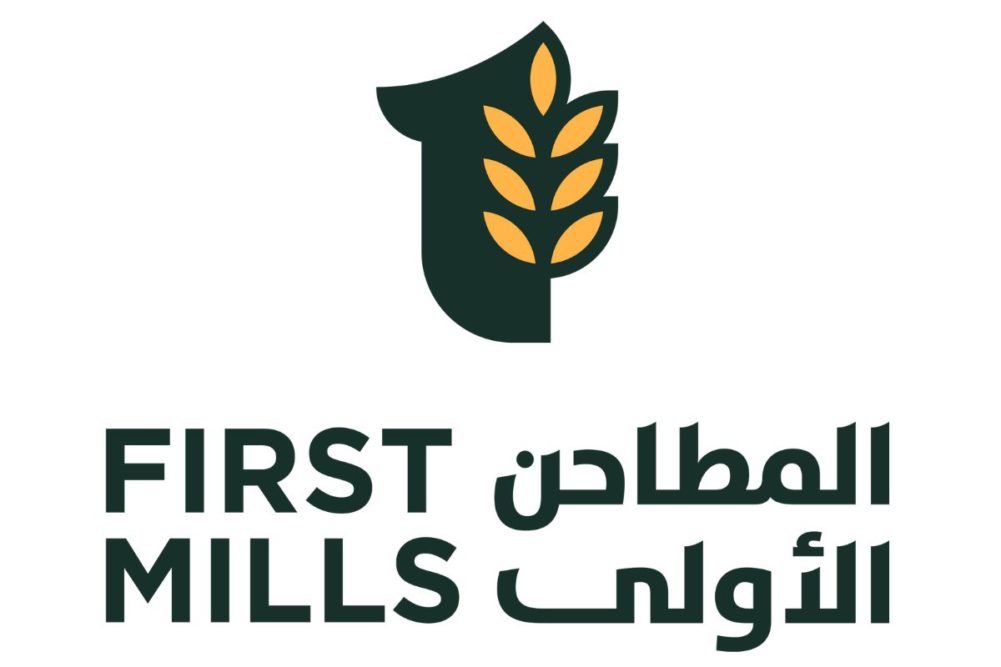JEDDAH, SAUDI ARABIA — First Milling Company (First Mills), a leading Saudi milling company, saw revenue increase 4.5% to SAR 470 million ($125.29 million) in the first half of 2023, attributing top-line improvement to the company’s growth strategy and business-to-business retail channels.
In the company’s financial report released July 31, second-quarter revenue rose 3.4% to SAR 214 million ($57 million), supported by efforts to optimize efficiencies and enhance capacities. First Mills said capacity utilization in the second quarter reached 99%, increasing 7% compared to the same period last year.
“In the first half of 2023, First Mills demonstrated its continued ability to drive revenue growth from a firm foundation of large-scale production capabilities, high utilization rates, and efficient operations,” said Abdullah Ababtain, chief executive officer, First Mills. “Our commitment to operational excellence has allowed us to maximize productivity, effectively meeting the growing demand for our products.”
First Mills closed the first half of 2023 with EBITDA of SAR 166 million, flat over the same period last year, reflecting healthy financial performance. In the second quarter, EBITDA declined 18% year-over-year to SAR 63 million as a result of changes in seasonal sales during the Ramadan season between 2022 and 2023. Additionally, there was an increase in selling and distribution costs attributed to supporting the Jeddah plant with flour products during temporary shutdown of the plant’s Mill C for capacity upgrades.
Net profit for the first six months declined 19% to SAR 108.7 million compared to the same period last year, mainly attributable to interest costs that began appearing in First Mills’ financial statements in the fourth quarter of 2022, following the completion of the merger with the parent company, Al Raha Al Safi, and the transfer of a loan to the company that was contracted by the parent company. In spite of that, net profit margin reached 23%, illustrating a robust bottom-line margin.
Second-quarter net profit declined by SAR 26 million year-over-year to SAR 35 million, while net profit margin stood at 17%.
“While we acknowledge the challenges to net profit in Q2 2023, we believe we have the suitable strategy and execution plan in place to deliver on our key projects — such as the PESA Mill, the pre-mix plant, durum mill, and Mill C expansion in the Jeddah Plant — which we collectively expect to increase our capacity, boost our product variety, and have a positive long term financial impact,” Ababtain said. “At the same time, First Mills is actively managing costs to improve its financial position by reducing net debt and progressively deleveraging the balance sheet, allowing for greater financial flexibility to fund future endeavors.”
The company's flagship flour business achieved a 7% rise in revenue for the first half, reaching SAR 274 million, with second-quarter revenue enjoying a 9% increase to SAR 124 million compared to the previous year. The bran business grew 32% in first-half revenue, reaching SAR 84 million, and 20% in second-quarter revenue to SAR 41 million.
These gains helped offset the decline in feed revenue, which dropped 14% to SAR 111 million in the first half of 2023.
“Looking ahead, we are keen to explore various avenues for future growth,” Ababtain said. “As part of our strategic roadmap, we are excited to introduce new product categories, which will further diversify our portfolio to cater to a wider market. Additionally, we are upgrading our mills to enhance production capacities and increase efficiencies, which we believe will help grow our market share and solidify our position as the first partner of choice in the food and feed sectors in the Kingdom.”





